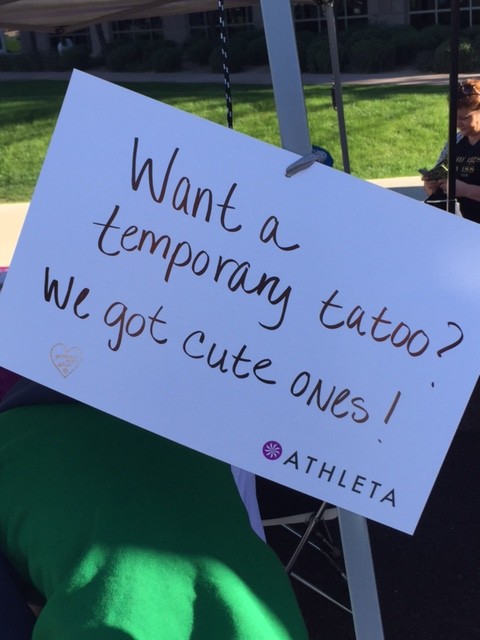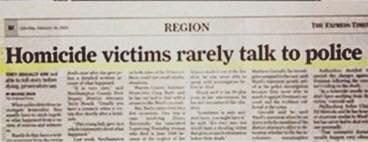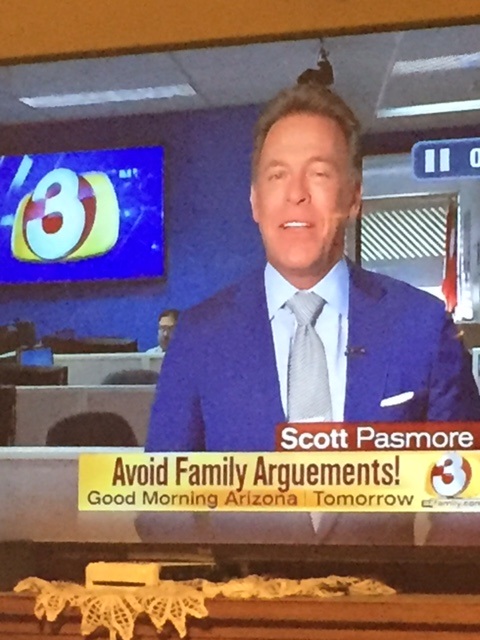This was a “breaking news” flash on my phone this week. The first one that came through was:

The “correction” appearing within moments was:

As a bit of background, Greg Stanton is the Mayor of the City of Phoenix and Doug Ducey is the Governor of the State of Arizona–two very different people with two very different jobs. While Mayor Stanton may well be Governor Stanton one day, on the day the “breaking news” appeared, he was still Mayor Stanton. There are lots of facts that need to be checked in proofreading–not just spelling and punctuation. In this case, I’m most interested in who caught the mistake because the correction was made more quickly than most news story corrections are made.


 Follow
Follow







